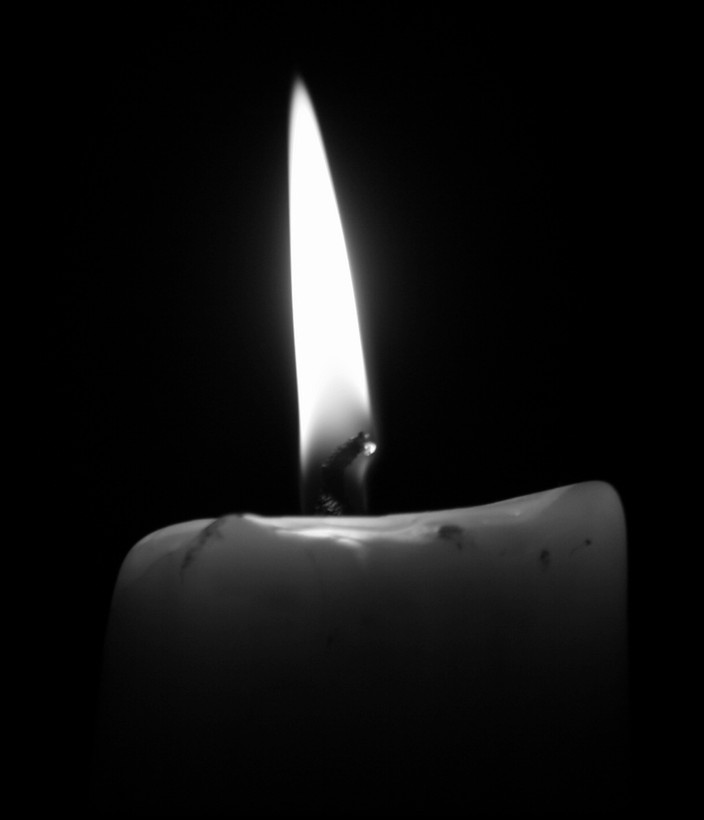All were attentive to the godlike man,
When from his lofty couch he thus began:
Meantime the rapid heav’ns roll’d down the light,
And on the shaded ocean rush’d the night;
 But anxious cares already seiz’d the queen:
But anxious cares already seiz’d the queen:
She fed within her veins a flame unseen;
The hero’s valour, acts, and birth inspire
Her soul with love, and fan the secret fire.
His words, his looks, imprinted in her heart:
“He who had my vows shall ever have;
For, whom I lov’d on earth, I worship in the grave”
“O dearer than the vital air I breathe,
Will you to grief your blooming years bequeath
Think you these tears, this pompous train of woe,
Are known or valued by the ghosts below?”
still the fatal dart sticks in her side, and rankles in her heart.
He tells it o’er and o’er; but still in vain,
For still she begs to hear it once again.
The hearer on the speaker’s mouth depends,
And thus the tragic story never ends.
Himself, meantime, the softest hours would choose,
Before the love-sick lady heard the news;
And move her tender mind, by slow degrees,
To suffer what the sov’reign pow’r decrees:
is the death of a despairing queen
Not worth preventing, tho’ too well foreseen?
“See whom you fly! am I the foe you shun?
Now, by those holy vows, so late begun,
By this right hand, (since I have nothing more
To challenge, but the faith you gave before;)
For you alone I suffer in my fame,
Bereft of honour, and expos’d to shame.
Justice is fled, and Truth is now no more!
I sav’d the shipwreck’d exile on my shore;
With needful food his hungry Trojans fed;
I took the traitor to my throne and bed:
Fool that I was—— ’tis little to repeat
The rest, I stor’d and rigg’d his ruin’d fleet”.
All-pow’rful Love! what changes canst thou cause
In human hearts, subjected to thy laws!
Once more her haughty soul the tyrant bends:
To pray’rs and mean submissions she descends.
No female arts or aids she left untried,
Nor counsels unexplor’d, before she died.
“A short delay is all I ask him now;
A pause of grief, an interval from woe,
Till my soft soul be temper’d to sustain
Accustom’d sorrows, and inur’d to pain”.
 Nor sleep nor ease the furious queen can find;
Nor sleep nor ease the furious queen can find;
Sleep fled her eyes, as quiet fled her mind.
Despair, and rage, and love divide her heart;
Despair and rage had some, but love the greater part.
Thus Hermes in the dream; then took his flight
Aloft in air unseen, and mix’d with night.
Downward the various goddess took her flight,
And drew a thousand colours from the light;
Then stood above the dying lover’s head,
And said: “I thus devote thee to the dead.
This off’ring to th’ infernal gods I bear.”
Thus while she spoke, she cut the fatal hair:
The struggling soul was loos’d, and life dissolv’d in air.
Virgil, from The Aeneid, Book IV









